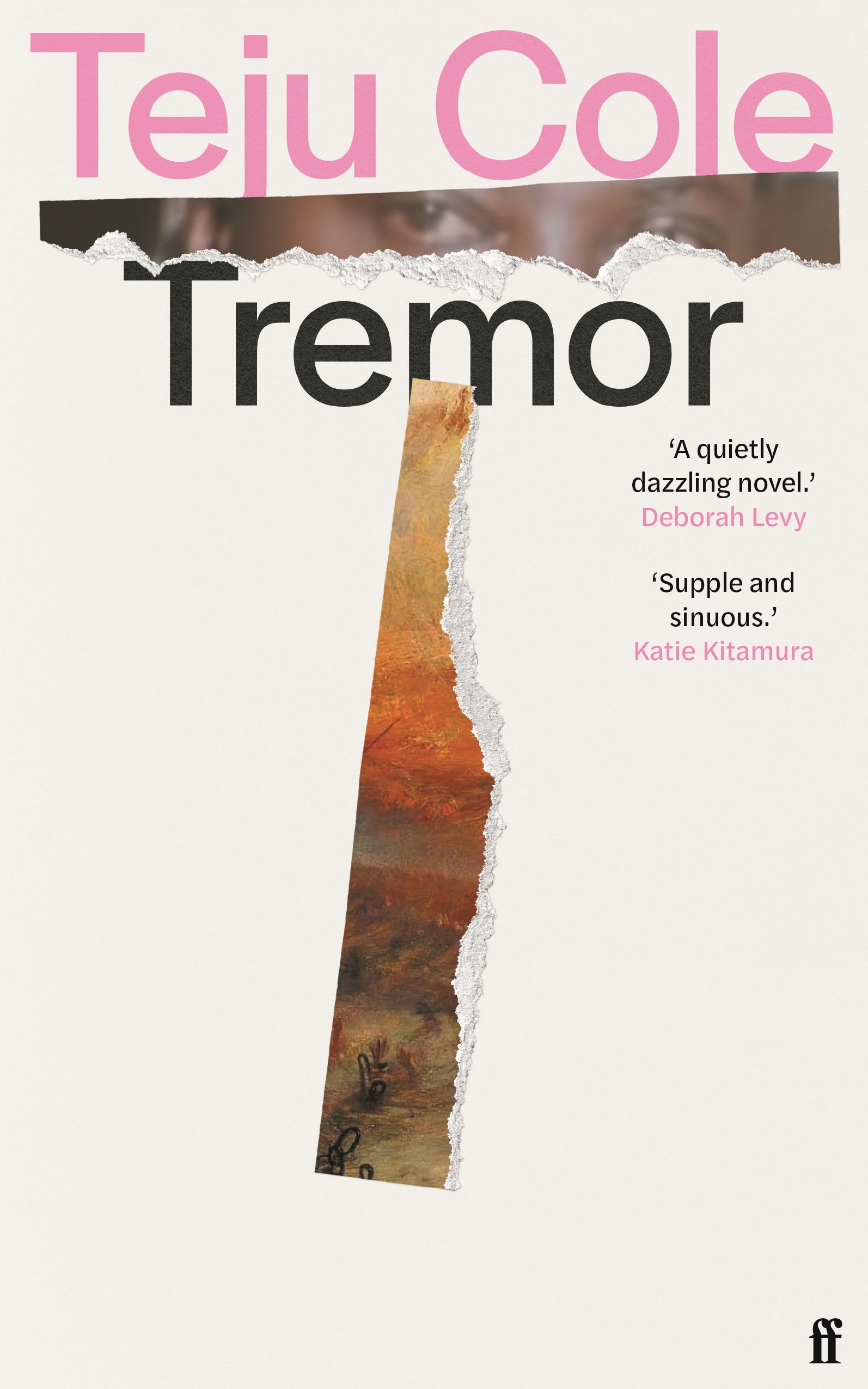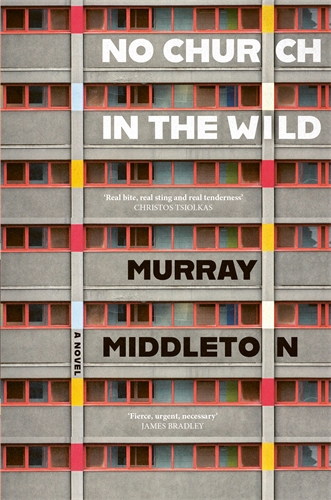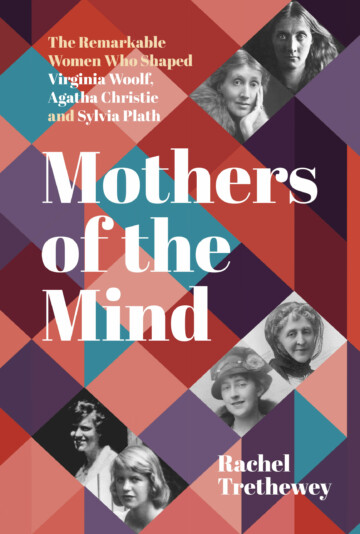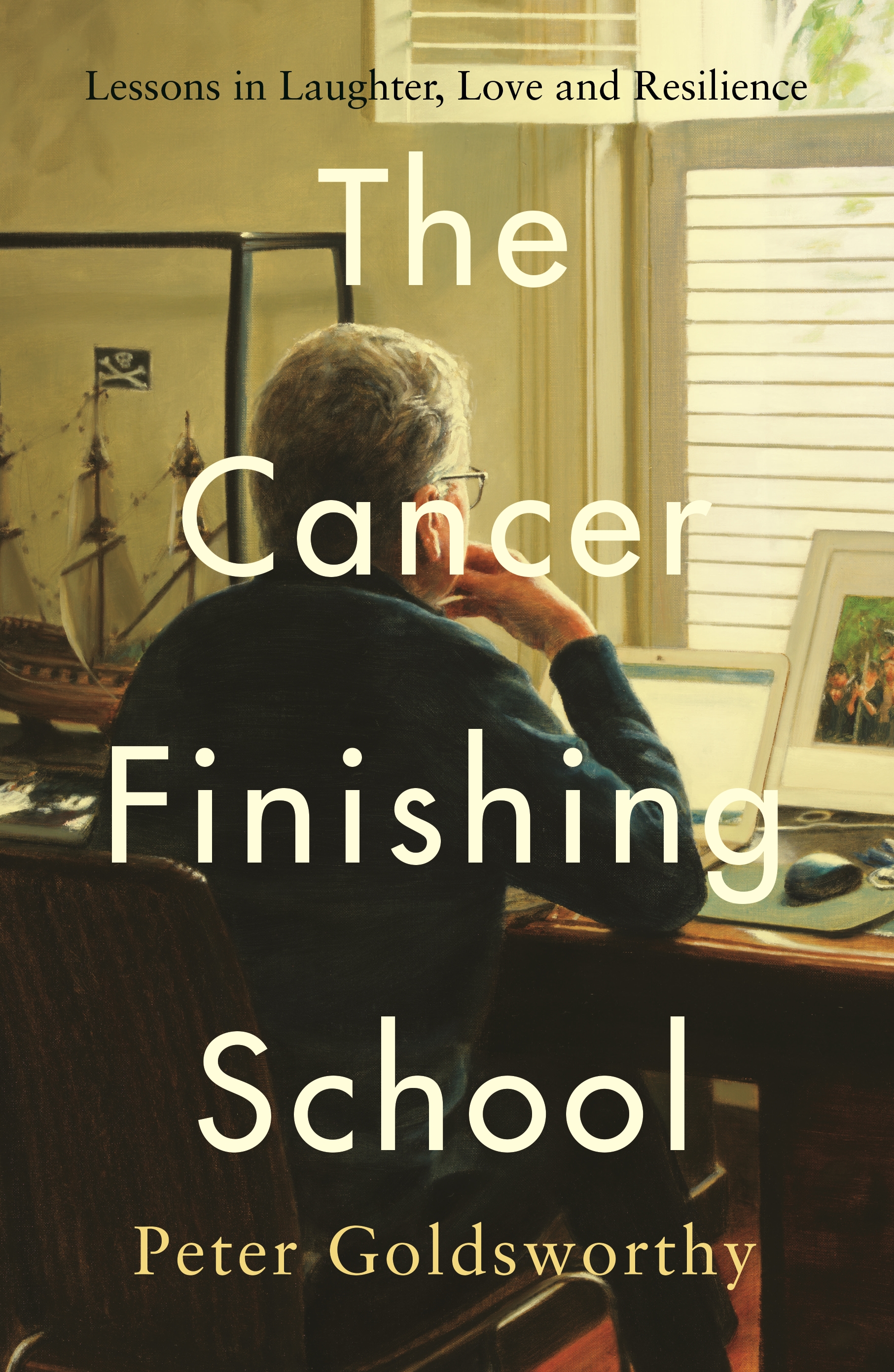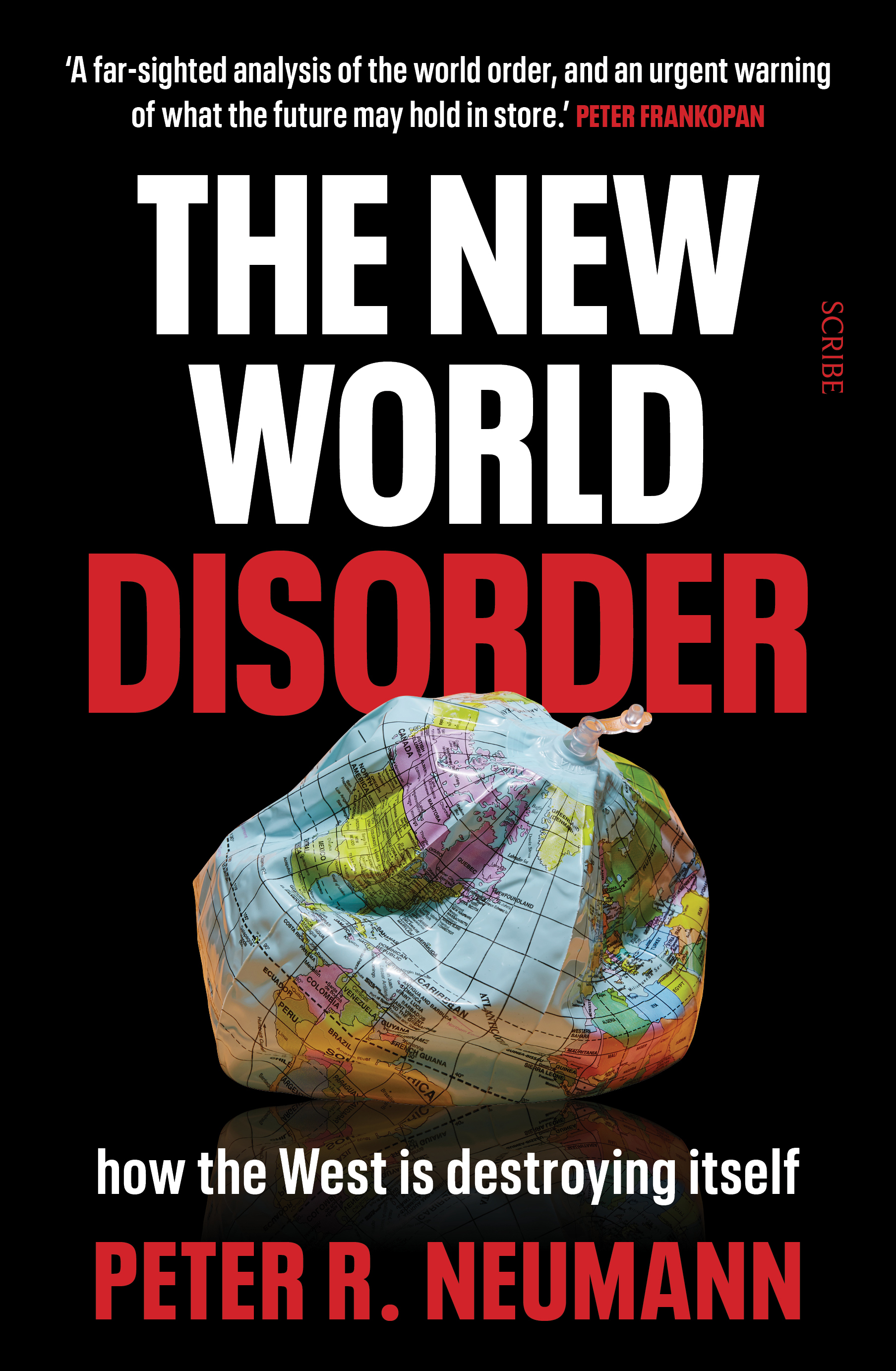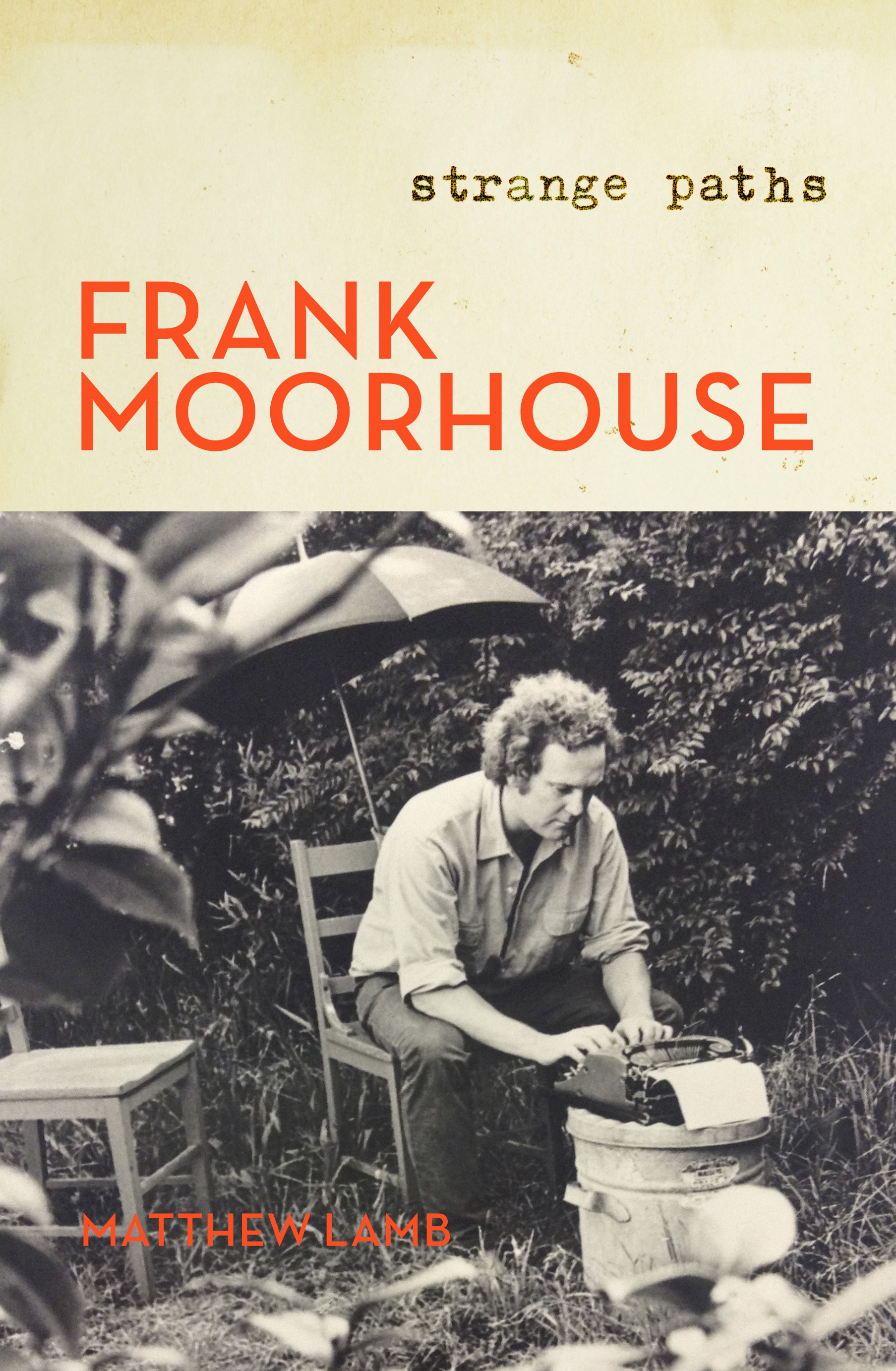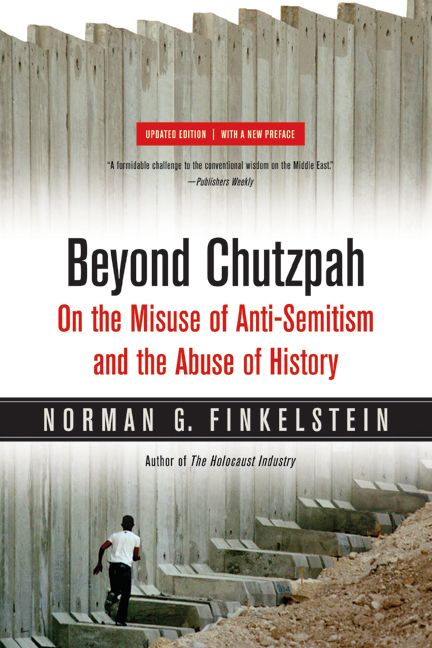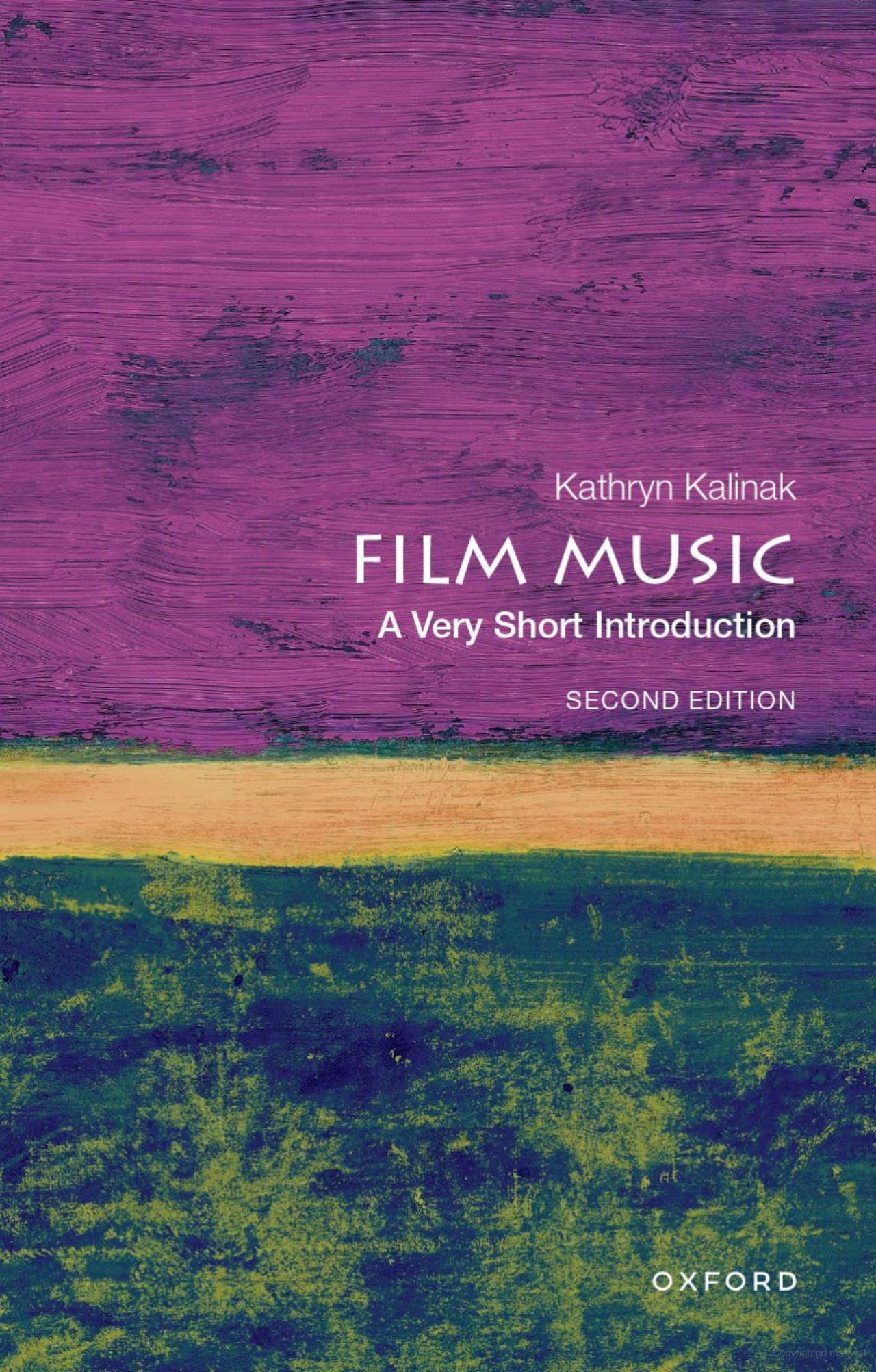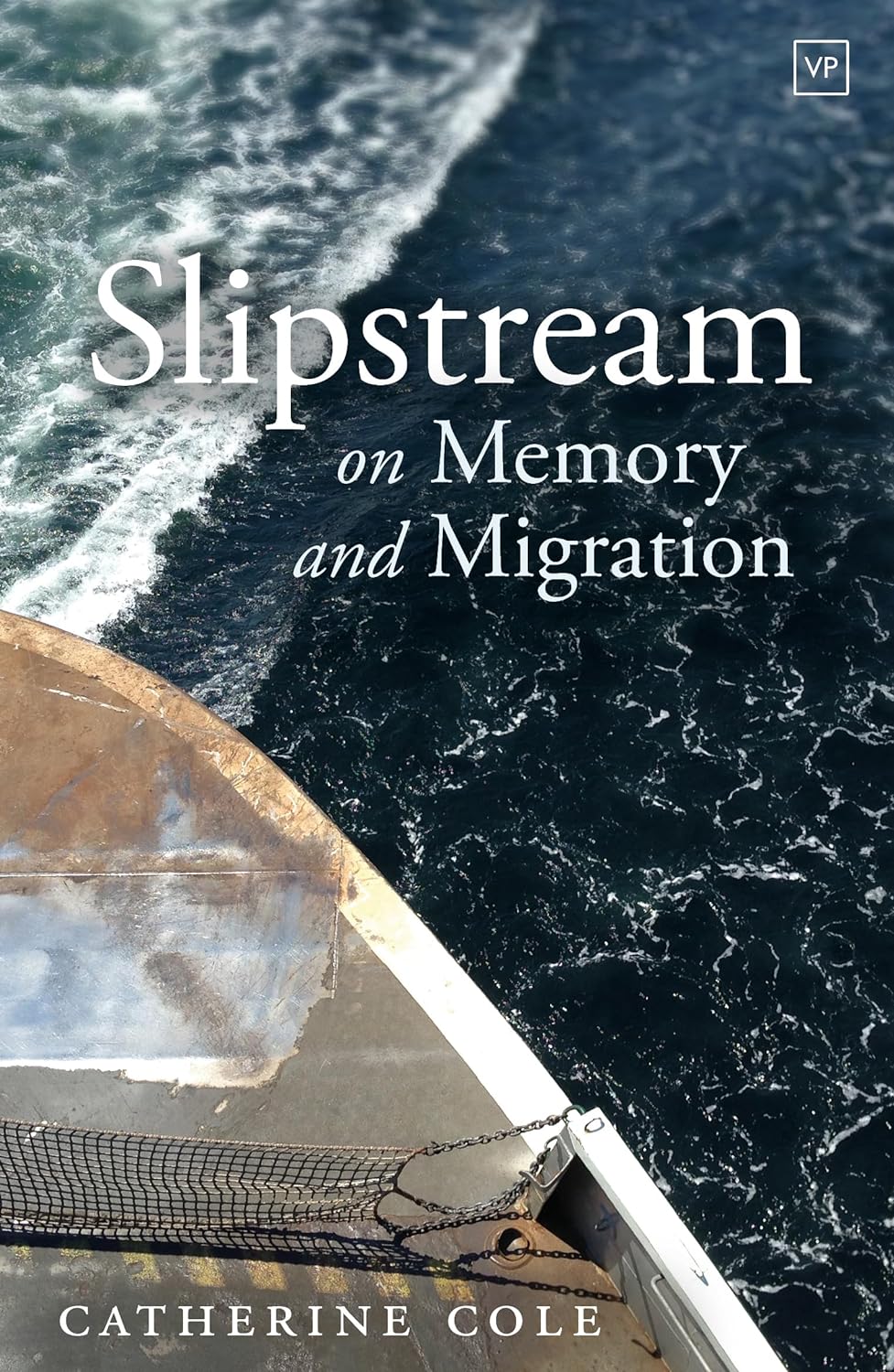Review
Mothers of the Mind: The remarkable women who shaped Virginia Woolf, Agatha Christie and Sylvia Plath by Rachel Trethewey
by Morag Fraser •
The Cancer Finishing School: Lessons in laughter, love and resilience by Peter Goldsworthy
by Michael Shmith •
A Memoir of My Former Self: A life in writing by Hilary Mantel, edited by Nicholas Pearson
by Frances Wilson •
The New World Disorder: How the West is destroying itself by Peter R. Neumann, translated by David Shaw
by William Leben •
Beyond Chutzpah by Norman G. Finkelstein & Israel’s Holocaust and the Politics of Nationhood by Idith Zertal
by Jonathan Pearlman •
Film Music: A very short introduction, Second Edition by Kathryn Kalinak
by Richard Leathem •

